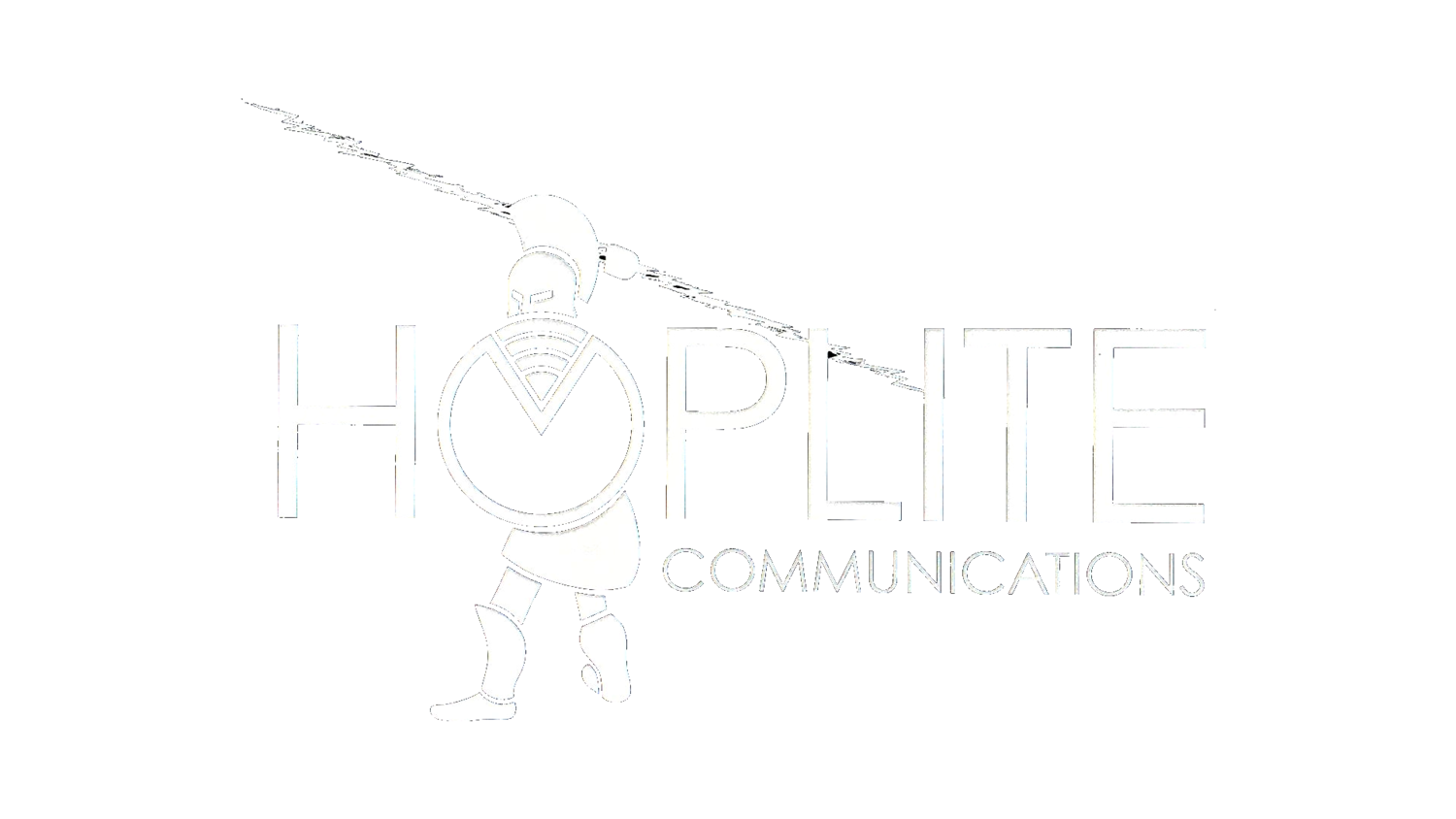The fuzzy laws of RF signal propagation rear up their strangeness and physical limitations at the oddest times. True, much of modern society is reliant on radiofrequencies, whether it’s cellular, Wi-Fi or Near-Field Communication (NFC). But they usually function as a background medium and not a subject of conversation, barring the occasional struggle to find decent coverage when streaming a video or something like that.
Spectrum Internet used the world’s largest global stage to remind viewers that their landline fiber connections are not limited by physical barriers such as walls, trees, and buildings, as is the case with cellular signals, particularly the higher range frequencies utilized for 5G communications
The ad was targeted at T-Mobile’s broadband alternative: Fixed Wireless Access (FWA). 5G allows for high enough throughput rates that wireless carriers quickly realized that it could serve as a substitute to fiber and coaxial cable for home internet service.
The problem comes when beaming the 5G signal from the antenna to the home. It doesn’t pass through barriers well. So this family quite humorously takes to bashing out their walls to allow it to pass unobstructed. Leading to the parent asking: "So, instead of getting us Spectrum Internet that's fast and reliable 24/7, you got us Internet that can be blocked by a wall?”
T-Mobile added 2.1 million Fixed Wireless Access customers in 2023. So landline broadband carriers such as Spectrum, Comcast and Cablevision view this novel use of 5G as a long-term entrant into the space, a serious competitor.
Hoplite will continue to monitor what effect, if any, this will have at the federal regulatory level, as providers vie for FCC support for their services, and look for ways to constrain the competitive marketplace to double down on existing oligopolies as opposed to letting free markets take their course.


